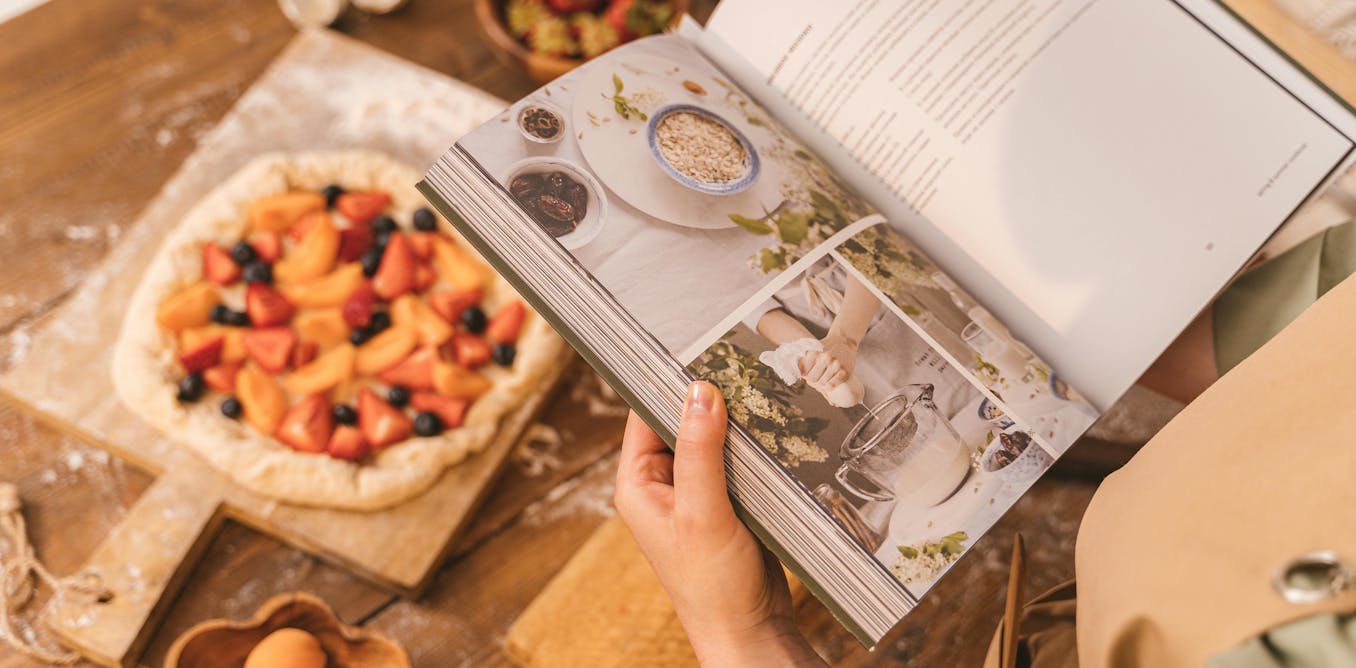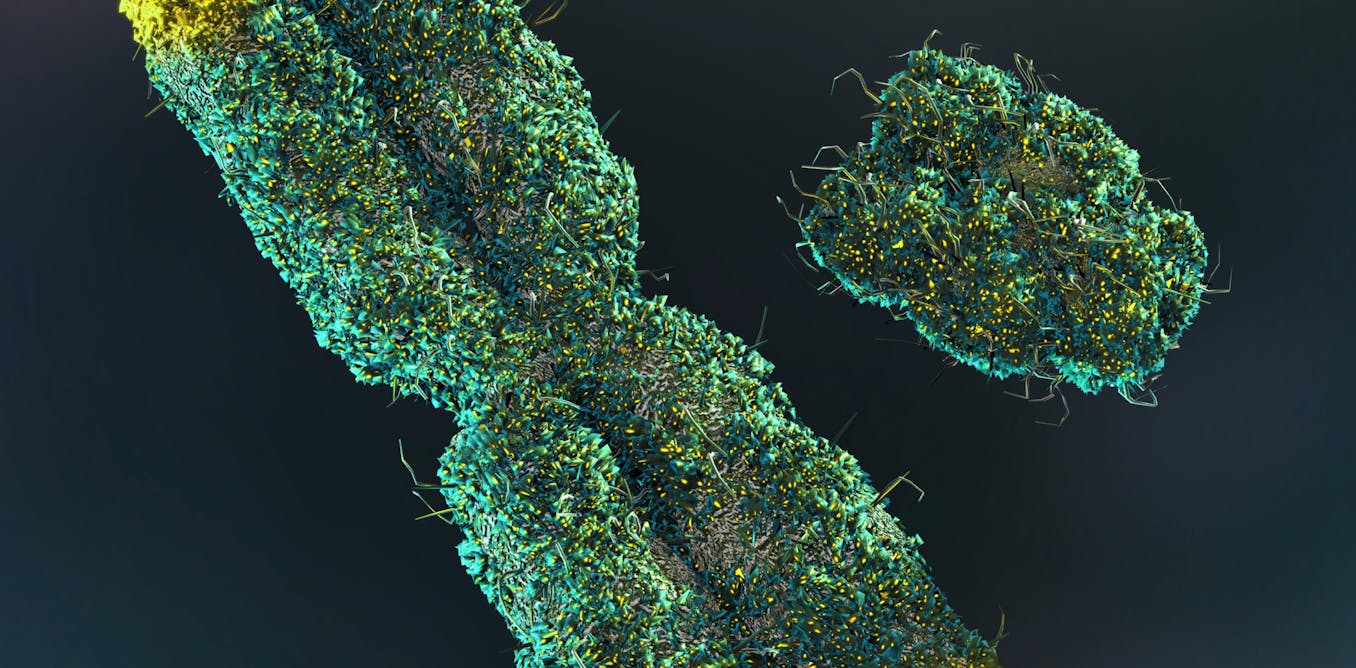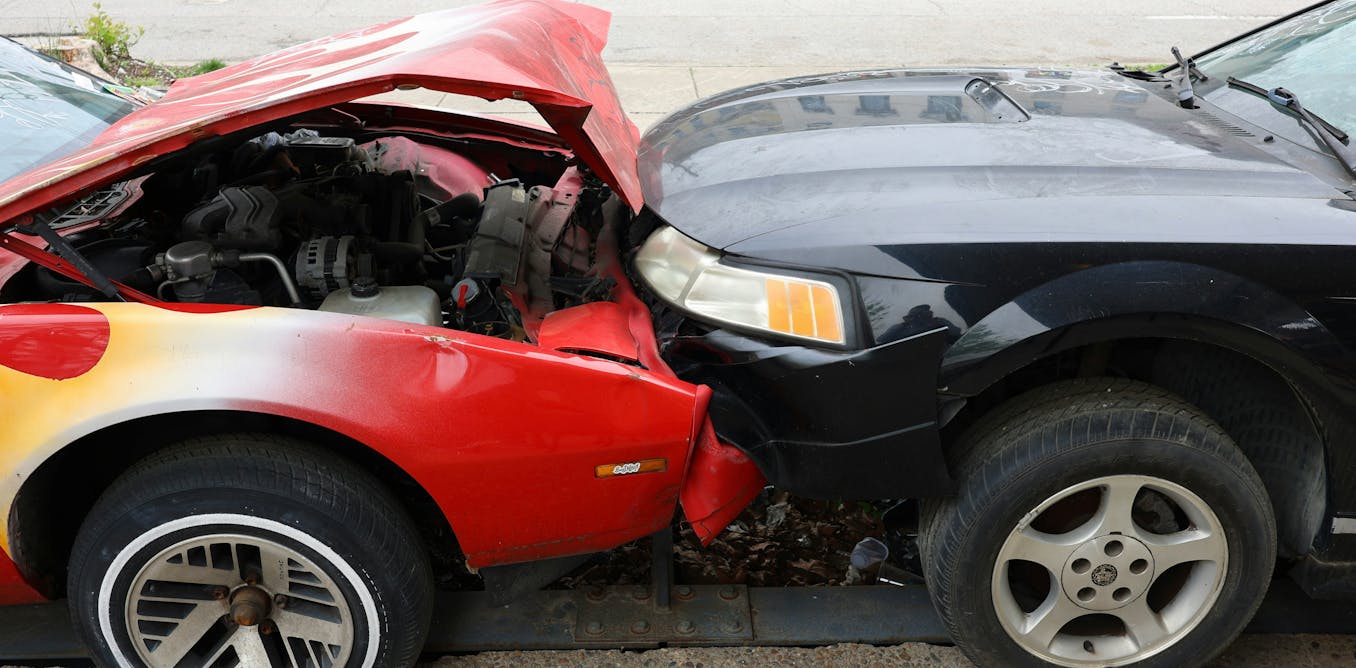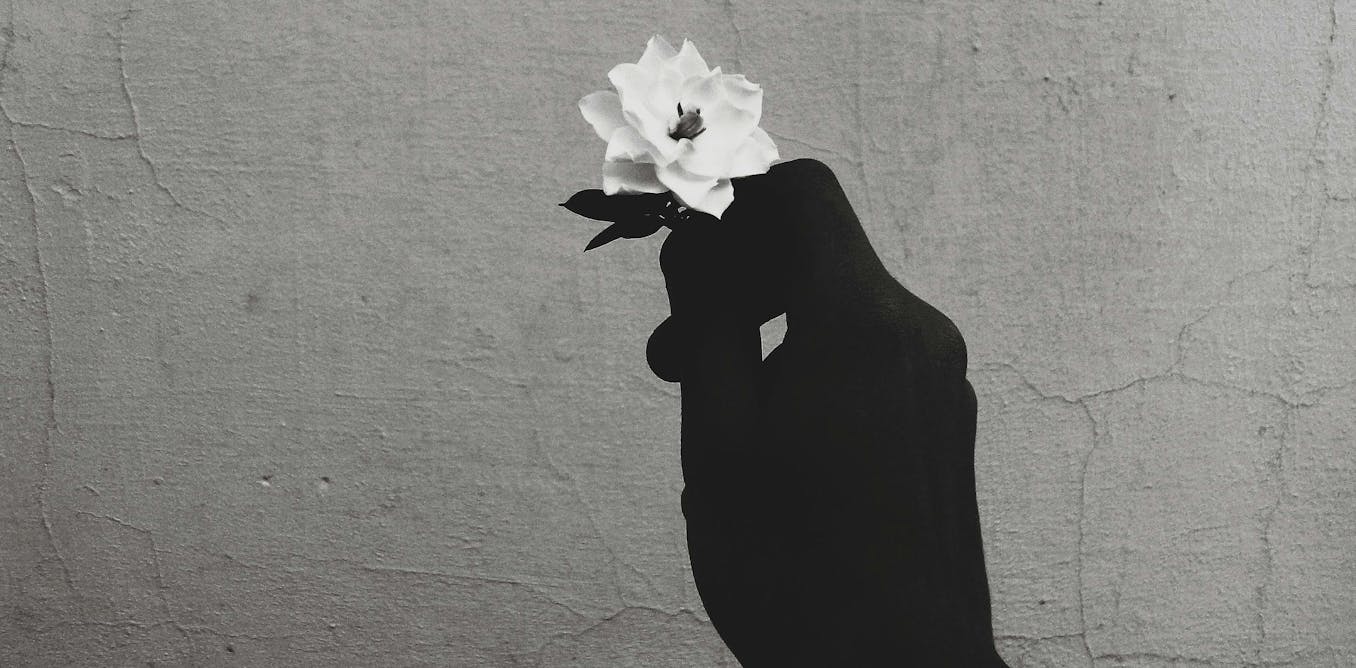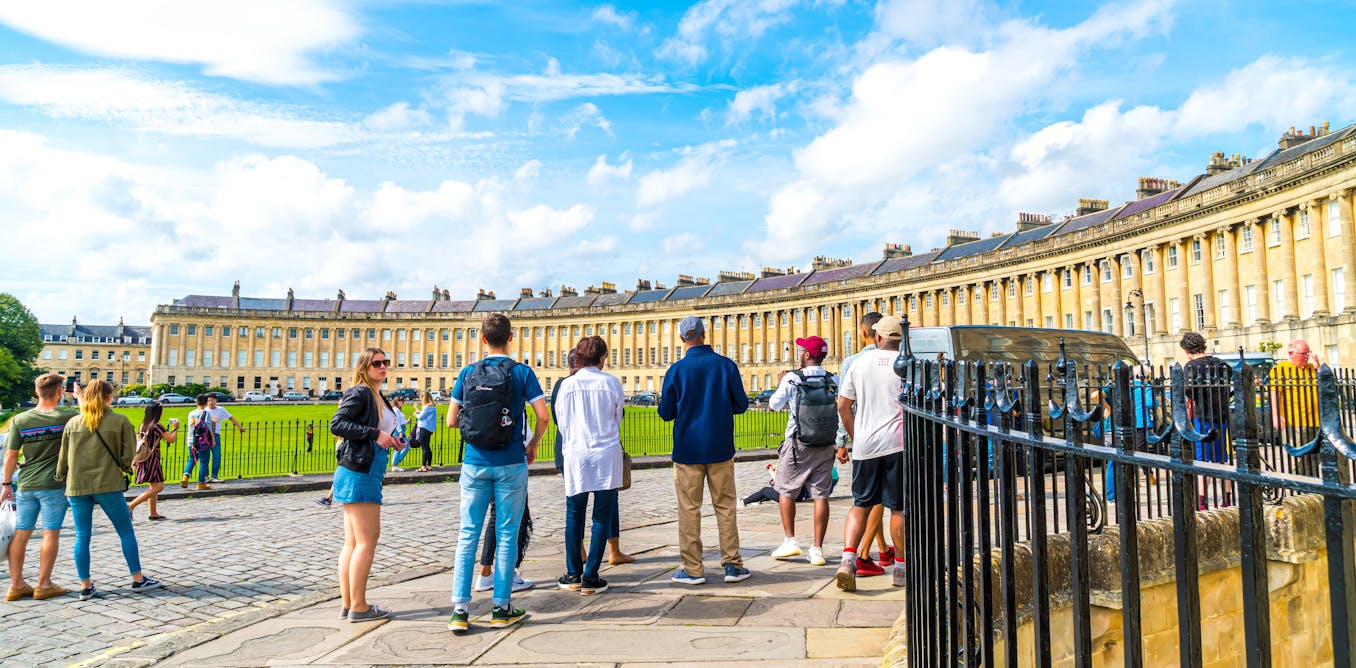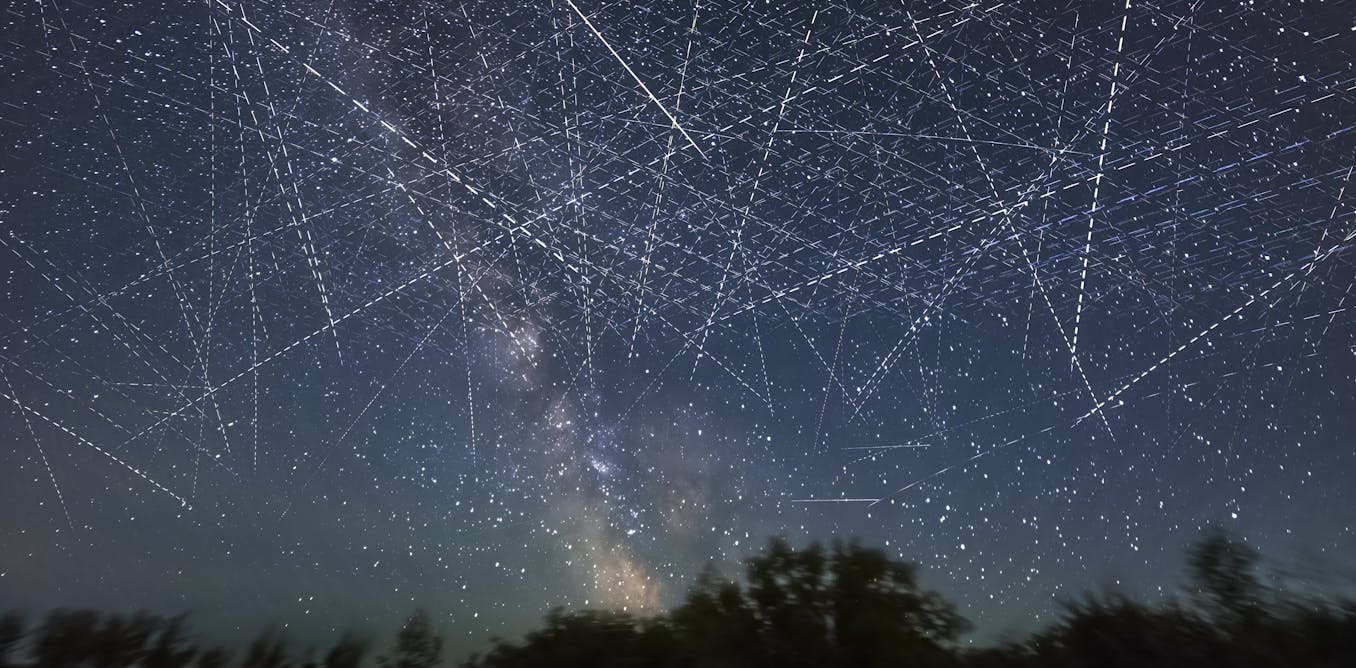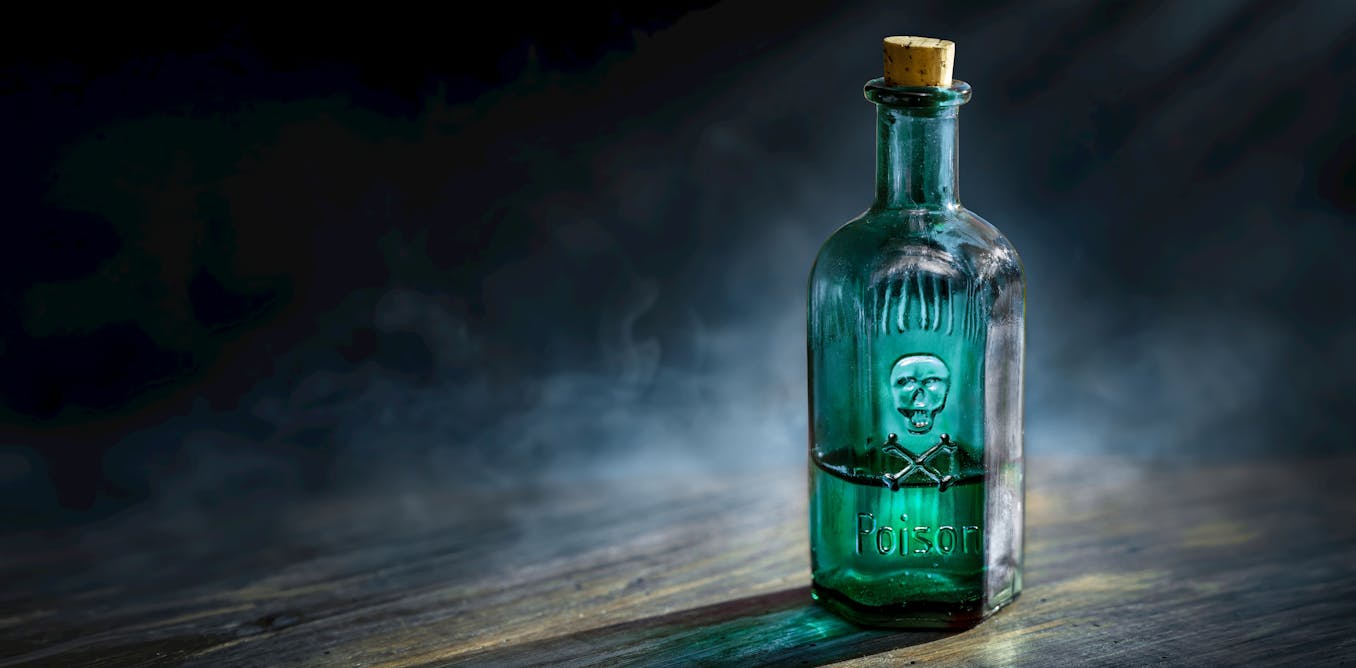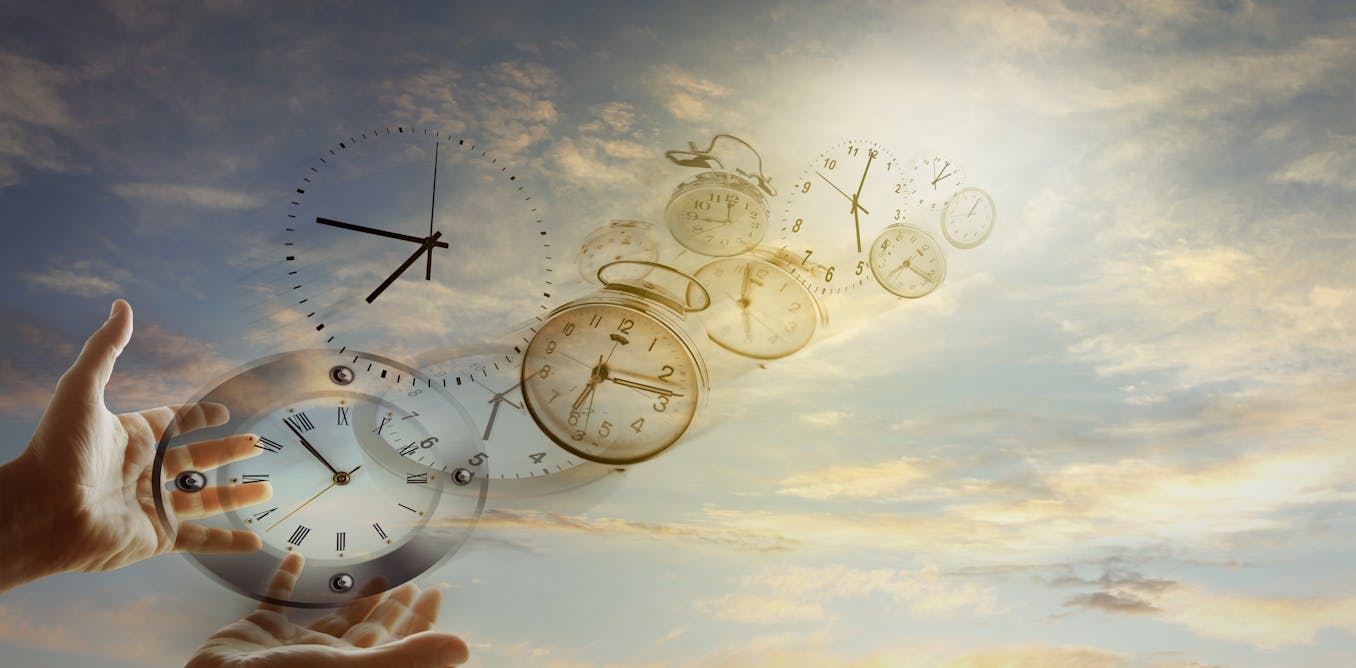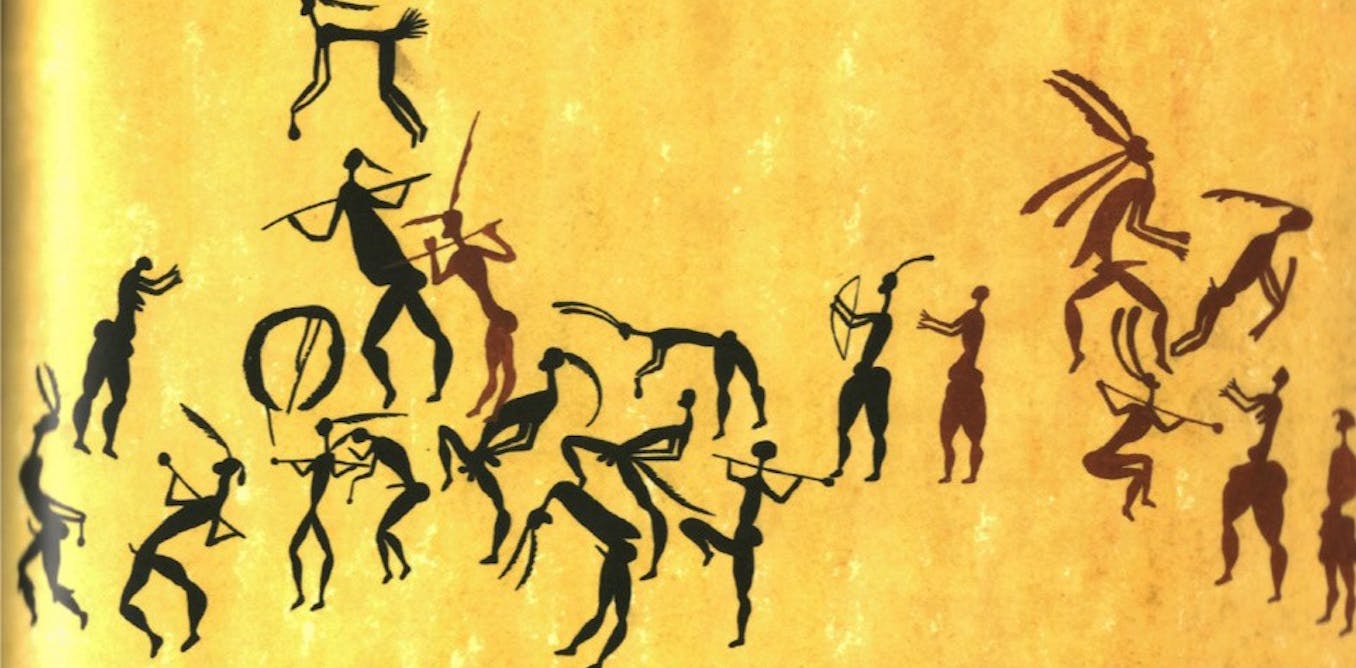Performing at Carnegie Hall is only a dream for most artists in the world. Soon Andrés Cepeda will be able to say that he has done it not once but twice — and in less than two years — when he returns to the iconic New York City venue on May 1.
“I would have really liked it if my parents, who are no longer with me, had seen me get there,” the Colombian singer-songwriter tells Billboard Español. “They also dreamed of stages like that.”
The show is part of his upcoming Tengo Ganas Tour, a 19-date engagement in the U.S. that starts in Nashville on April 9 and includes cities like Chicago, Los Angeles, Miami and Washington, D.C., before concluding on May 4 in Charlotte, NC. Countryman singer Alejandro Santamaría is coming along with him. (For more information and tickets, visit andrescepeda.com.co)
Tengo Ganas follows his tour La Ruta Púrpura, which began in October 2022 precisely with that dreamy sold-out concert at the Carnegie Hall.
Cepeda, who won his fourth Latin Grammy in November (best traditional pop album, for Décimo Cuarto) and returned this week as a judge on La Voz Kids “Colombia,” began his career with Poligamia, a Latin rock-pop band which he founded with some friends during his teenage years, releasing several albums in the ’90s.
Since debuting as a solo artist with the set Sé Morir in 1999, he has recorded a dozen albums and released hits including “Tengo Ganas,” “Día Tras Día” and “Beso Usados.” And he’s been the only artist to fill the Movistar Arena in Bogotá, the largest stage in Colombia, for five consecutive nights. On the Billboard charts, he has had two Latin Pop Airplay entries: “El Mensaje” in 2013 (No. 38), and “Magia” with Sebastián Yatra in 2018 (No. 37).
In an interview from Miami on Thursday morning (Jan. 11,) Cepeda spoke with Billboard Español about his upcoming tour, his creative process and his first album under Warner Music Mexico, which he will begin recording next month.
1. Most artists prefer to give interviews in the afternoon. It’s 9:30 am. Can we assume that you are a morning person, or was this circumstantial?
I’m used to starting early when we’re on promo, because we also do a lot of things in the afternoon. So to make the most out of our working day, we start early.
2. How do you usually wake up? Biological clock or alarm?
I set the alarm, but my biological clock usually wakes me up a few minutes early. You know, you kind of program yourself and wake up but, just in case, it’s better to set the alarm. And that alarm is music. For a couple of years now I have had a song that I love by The Beatles that has a beautiful personal meaning for me, “Here Comes the Sun.” Of course it doesn’t reflect much of today’s [rainy] weather [laughs]. But I like that song.
3. On April 9, you start your Tengo Ganas Tour in the U.S. How do you prepare for that?
Well, there is a stage of a lot of rehearsal, of a very strict curation of the songs, the arrangements, what is going to be presented, the staging, the narrative that accompanies the songs — because it is not just getting up and singing them, but being able to tell people a little about them and how one comes to make all this music and all these songs. So there is a part, let’s say, of writing and narrating that narrative — and then along the way, for me it is vital to have a good few hours of sleep and a good diet. It gives you the possibility of facing a series of consecutive dates that are still demanding.
4. What can you tell us about the show itself compared to the previous one?
The previous show was focused on the acoustic aspect of my career, with boleros and other Latin rhythms even flirting a little with jazz, in a format that was composed of acoustic piano, double bass, winds and guitar. This time I present the other side of the coin, so to speak, which has to do with my influence, which is pop and rock. Although they have in common the romantic nature of my stories and my music, they are two different sounds that have accompanied me throughout my career.
5. What will be Alejandro Santamaría’s role on the tour? Will you be sharing the stage or will he serve as an opening act?
Both. He is going to be the opening act at the shows, and he is also going to be invited in the section that I sing because we have recorded music together, so we will be singing a couple of the songs that we have done and he will be accompanying me throughout the journey of this tour.
6. For many, the Carnegie Hall is just an unattainable dream. You already performed there in October 2022 with a sold-out show and you are returning on May 1. How did you get to play on this venue and what does it represent for you?
We were very fortunate to present our proposal to the Carnegie Hall curatorial committee two years ago. We explained what we wanted to do, we presented our resume, and they thought it was interesting and that it was worth having us there. And it went so well last year — it was sold-out and they liked it a lot — so they told us that if we wanted to come back the doors were open. For us it is a great honor. It is an iconic venue, a dream, a goal. I would have really liked it if my parents, who are no longer with me, had seen me get there, because they also dreamed of stages like that.
7. Last November, you won your fourth Latin Grammy. Do these types of recognitions continue to surprise or excite you?
It’s not something you get used to. I thought at some point that it could be like that, but no. It is becoming more and more exciting because it is the sum of several prizes, so you receive them with great joy, great emotion, great expectation. I have to confess that the days before an award ceremony, and on the day of the award ceremony, my hands sweat, the anxiety is incredible. In some way you suffer a lot waiting to see what happens … and when you receive it you celebrate with great joy. Especially when it’s an award for an album, which honors the entire team.
8. Let’s talk a little about your songwriting process. Each song has its own story, but in general, what is the common denominator?
Perhaps the common denominator is that I always look for a space of disconnection, a lot of peace, a lot of silence, where I can isolate myself from the everyday life and the rest of the world. But it is always different in the sense that sometimes I write with others, sometimes the lyrics emerge first or sometimes the musical idea emerges first. Normally in my case, when I work alone, the musical idea comes first, and then I find the path to what I want to say.
9. What was the song that came out the fastest, the one that sort of wrote itself?
[Laughs.] Some of them write themselves and it is surprising, because you feel like they are moving your hand, yes. There is one song in particular that I love very much that I wrote in one pass, and when that happens it is something exceptional. It’s a song called “Ciertas Cosas.” Another one that came in a single pass, like an instant song, was “Sé Morir.” But there are others that you have to work on for a full day or several days, or you even start writing and let some days or weeks pass before returning to it to complete it.
10. The most difficult or the one that took the longest to complete?
A song from my last album [Décimo Cuarto] that I sang and wrote with a Colombian artist that I love very much, Greeicy Rendón, [“Le Viene Bien”]. The entire process of writing, producing and making the video took two years. When we went into the studio to record it we were still making corrections and things.
When you write with someone else and you have the possibility of debating and somehow negotiating each of the verses, one would think that it’s a tedious process, but on the contrary, it is very pleasant to sit down and bid for what each one wants the song to say. Those discussions are fantastic.
11. And does it happen to you in cases like those that you hear the published song later and still go, “Ugh, I should have used this other word”?
That happens and you have to learn to let go, because if you focus so much on making it perfect… And not just with the lyrics! With the music, it happens a lot that you are in the studio and you don’t get over that process and you want to fix it and re-record the piano and voice again because you want this part to be better. You start to go crazy. Sometimes you have to understand that the song is ready and let it go.
12. What achievement, song or album would you say marked a turning point in your career?
There’s a song [from 2014] that did that in my career, and put me in a different place mentally, in the creative process. It’s a song called “Día tras día.”
13. I am going to tell you a series of words and I want you to answer the first thing that comes to your mind. Poligamia.
The cradle! The hatchery, so to speak. The beginning of a career.
14. Bogota’s Movistar Arena.
Five absolutely unforgettable nights in my career and in my life. A week on a honeymoon with my own city.
15. Colombia.
The love of my life, with whom I have great romances but also strong arguments at times.
16. As an artist and as a judge for La Voz Kids, any message or advice for young people who aspire to have a career in music?
First, that it is very much worth it. And second, that it is worth it as long as you commit to it, take it very seriously, study and understand that it is a career. The more prepared you are, the more competitive and deeper you can become. Talent and vocation are just a small part of what is needed to achieve something in this profession; I think dedication, persistency, perseverance and preparation are an even bigger part than the other.
17. You’re going back to the studio to work on a new album in February. How many songs have you already written?
This album should have 10 songs and there are 14 written, so we’ll go into a selection process in which I plan to allow myself to have 12. But the initial project is 10.
18. How do you expect this album to be different from the previous ones?
On the artistic side, I think that each album has to reflect a different moment in life and also a maturity, because there has to be an evolution. And on the show business side, I think that working with a new team, which in this case is Warner Music, is going to bring very nice things and is going to project me even more. I have a lot of faith in the team that is helping me make this album and promote it.
19. Speaking of maturity, last summer you turned 50. What have you learned about yourself in this half century?
[Laughs.] That although I have acquired some maturity, one of the most beautiful things about that maturity is understanding that I am still a child facing my job and facing many aspects of the world, which, thank God, continue to amaze me. And I think maintaining that wonder, ironically, is a sign of maturity.
20. What is Andrés Cepeda still looking forward to?
To live. And to make music.

The post “20 Questions With Andres Cepeda on Upcoming Tour & New Music” by Sigal Ratner-Arias was published on 01/12/2024 by www.billboard.com


